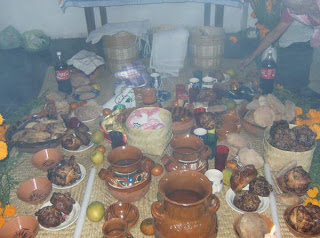Home
A couple walked in from the chilly evening, eyeing me suspiciously as if I were plotting something secret in my foreign tongue over the cell phone. I blinked and they glided by in a watery blur.
But how could it be? With my birth, my degree, my culture, by all means I should belong here. Only once in my life had I felt like I truly belonged anywhere. Not in high heels, not here. There. Among the big warm bodies with their earthy smells and whinneys, laboring and sweating, laboring and freezing, every day living alongside people who never failed to smile to me, to welcome me in a million different ways. Speaking the language that came to me like a gift. My learning it was a labor of love, my ultimate expression of the desire to understand and to be understood.
Now I'm home but I feel homesick. What is home? Is it a house? A city? My family is here but they have lives that have endured and changed while I was gone. My life is back there, abandoned back there along with the people who made that place feel like a home, of sorts. I feel like a ghost visiting where I once lived. I feel detached, like I'm floating near the ceiling, unable to get my feet under me.
Then I remember that I'm talking to someone who understands what it's like to be a stranger. For him, home is a confusing notion, too. The primos y amigos who surround him understand what he gave up, how hard it is to live day to day in a place where no one speaks your language, and that to go back home would mean to be among family, but family who don't know what his journey has been like. Family who feel hurt when you don't seem all that content to be home. Because you feel more at home among those who understand you best.
So many months away from home. So much effort to get back home. Only to find that home had changed from a location to a measure of belonging. And I belong with them.





